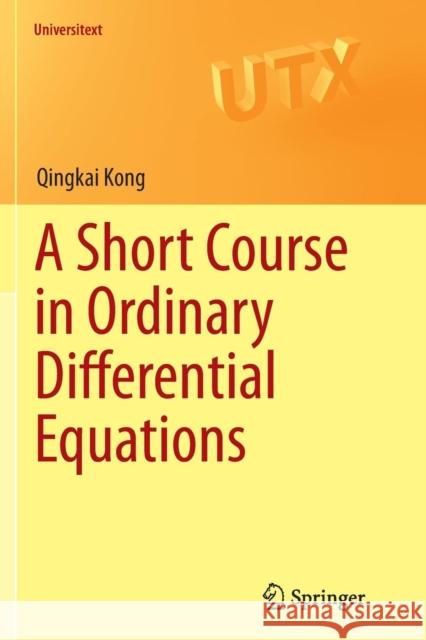A Short Course in Ordinary Differential Equations » książka
topmenu
A Short Course in Ordinary Differential Equations
ISBN-13: 9783319354262 / Angielski / Miękka / 2016 / 267 str.
Kategorie:
Kategorie BISAC:
Wydawca:
Springer
Seria wydawnicza:
Język:
Angielski
ISBN-13:
9783319354262
Rok wydania:
2016
Wydanie:
Softcover Repri
Numer serii:
000024642
Ilość stron:
267
Waga:
0.39 kg
Wymiary:
23.39 x 15.6 x 1.5
Oprawa:
Miękka
Wolumenów:
01











